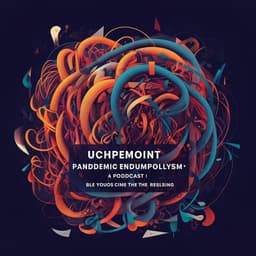
Medicine and Health
A Comparative Analysis on the Social Determinants of COVID-19 Vaccination Coverage in Fragile and Conflict Affected Settings and Non-fragile and Conflict Affected Settings
S. Pattanshetty, M. Pardesi, et al.
Explore the critical factors that shape vaccine coverage in fragile and conflict-affected settings! This research, conducted by Sanjay Pattanshetty, Mantej Pardesi, and Nachiket Gudi, reveals how socioeconomic, health system, and political determinants influence the distribution of COVID-19 vaccines across nations.
Related Publications
Explore these studies to deepen your understanding of the subject.







